Baby teeth start to grow at the age of 6 months and complete by the age of 2. The lifespan of these teeth is up to the end of childhood, that is, about 2-3 years.
Of course, some people may stay in the mouth longer than this. Now sometimes these teeth decay earlier than scheduled.
For example, a child who is only 4 years old and has decayed teeth has premature cavities.
Early childhood cavities refers to the presence of any filled or missing cavities on a baby’s baby teeth 6 years of age or younger.
Many parents think that iron drops and multivitamin supplements can cause premature tooth decay in children.
While these drugs only change the color of the teeth and have no effect on tooth decay. The reasons that cause this complication are:
Neglect of the child’s oral health since the first baby teeth erupted
Improper nutrition pattern of children and excessive use of sugary drinks, including frequent use of milk glass during the day or especially at night
Decreased flow of young saliva during sleep, which will occur if the parents do not use the toothbrush before going to bed, as well as if the baby drinks milk from the mother or by the glass.
Existence of multiple untreated cavities in the mouth of the child’s parents because cariogenic bacteria are transmitted from the mouth of the parents, especially the mother to the baby’s mouth.
Failure to examine the child and lack of accurate information to take measures to prevent premature cavities. For this reason, it is better to start the consultation for the baby’s health measures from pregnancy and the first dental appointment should be done about 6 months after the first baby tooth erupts and not later than one year.
Frequent consumption of unhealthy snacks such as snacks and chocolate
Taking certain medications in the mother that have a detrimental effect on the baby’s teeth through milk.
These cases cause minor cavities in the child’s teeth, and when parents ignore them or refuse to take the child to a pediatric dentist, the cavities progresses and leads to tooth nerve involvement and if left untreated. Eventually, a baby tooth abscess occurs, which in some cases has no cure other than tooth extraction.
Treatment of teeth with premature cavities:
Consumption of milk overnight usually leads to its accumulation on the front teeth of the maxilla.
For this reason, there are generally four deciduous anterior deciduous teeth, the first deciduous molars of both jaws, and sometimes the mandibular deciduous canines, which are decayed teeth.
The teeth involved are usually symmetrically placed on either side of the baby’s mouth.
The anterior deciduous teeth of the mandible usually do not decay due to the protective effect of the tongue and also the natural rinsing by the saliva flow, and if decay is observed in these teeth, the child will have acute cavities of childhood. Secondary deciduous teeth that grow older are less likely to have cavities problems.
Before having a baby, think about the health of your teeth and treat your decayed teeth by visiting a dentist. According to the dentist, you can improve your oral hygiene by consuming some sugar-free gums or mouthwashes.
Within six months after the baby’s first tooth erupts, take your baby to a pediatric dentist for examination and appropriate health information and advice. It is recommended that this visit not be later than 12 months of age.
Clean your baby’s teeth at about 1.5 years of age, at night before bed, using a sterile cloth or gauze, or a toothbrush.
At 1.5 to 3 years of age, brush your baby’s teeth at night with a finger or hand toothbrush, without using toothpaste, or with fluoride-free toothpaste.
At the age of 3-6, brush your child’s teeth twice a day (once after breakfast and once before bedtime) with hand or electric toothbrushes and fluoride toothpaste for children. It is important to know that parents are responsible for oral hygiene until the age of six.
Do not use a glass of milk as a pacifier to soothe and help your baby sleep.
Do not allow the child to fall asleep with a bottle or glass containing anything other than water in his mouth. If the child’s glass contains milk or other liquids other than water, the parents should give the glass to the child and then take it from the child and give it to him. Water should be given. If the child is highly dependent on glass, only plain water should be poured into it.
If the baby is accustomed to breastfeeding frequently at night, try to gradually reduce the number of feedings and give the baby water after each feeding to remove excess milk from the baby’s teeth.
Stop bottle-feeding your baby around the age of 12-14 months and encourage him to drink from a cup or glass.
Schedule a regular schedule for your baby’s main meals as well as snacks, and keep the number of snacks to a minimum.



